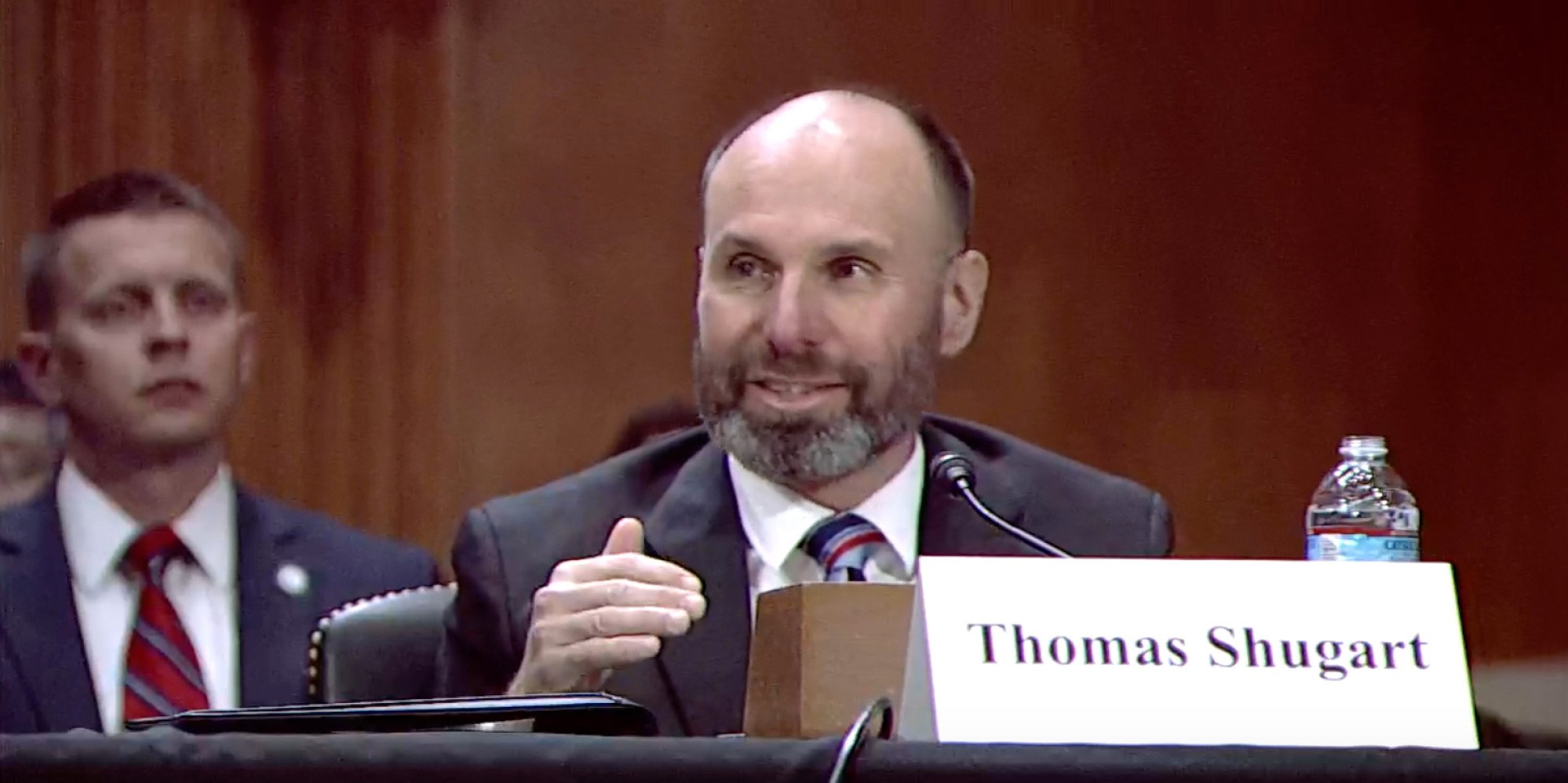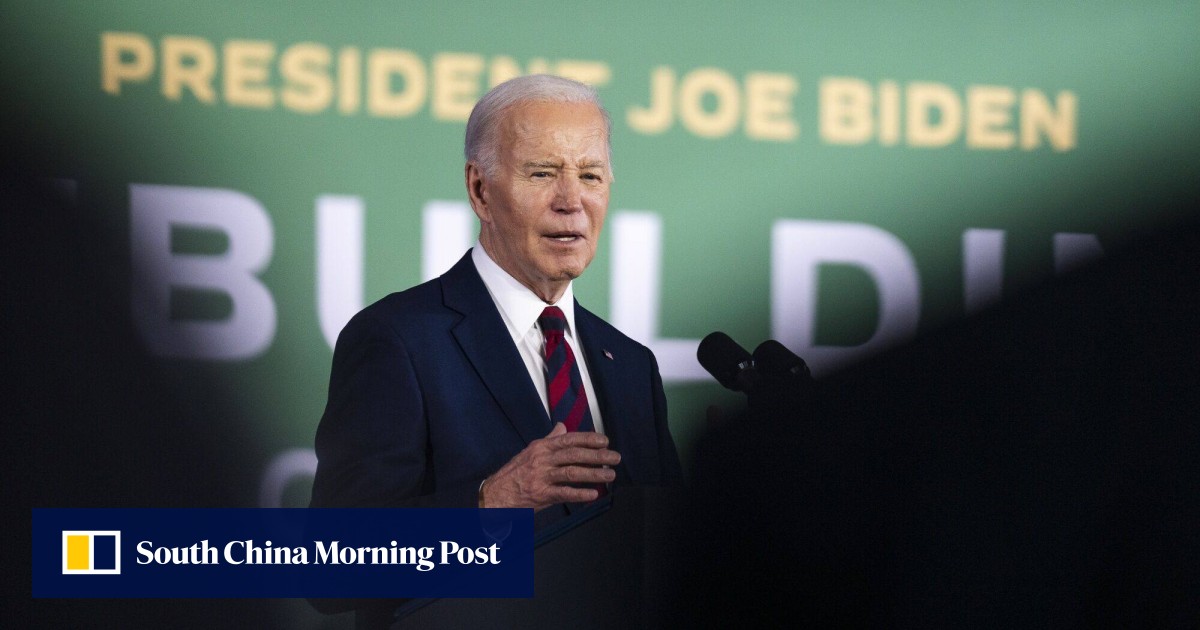American policymakers were warned on Thursday not to misinterpret one of ancient China’s best-known quotes about the highest form of skill in warfare: the ability to subdue an enemy without fighting.
That was one of the key messages witnesses told the US-China Economic and Security Review Commission (USCC) in Washington on Thursday, along with dire calls to reestablish American shipbuilding ports lost to “movie studios and craft breweries” and to be “visibly prepared for a protracted war”.
While the essential quotation in Sun Tzu’s The Art of War might suggest to US planners that China is unlikely to launch any pre-emptive attacks on the military installations of the US and its allies in Asia, Beijing’s build-up of advanced missiles, warships and technology to drive them hints at the opposite.
“What Sun Tzu actually meant was that to win without fighting is to destroy your enemy before they are able to form orderly ranks,” Dahm said.
“So the idea is … you deliver a blow against their C4ISR system of systems before they have organised themselves so that the enemy cannot respond, and you have created conditions in which you can maintain the operational initiative in a conflict.”
The USCC hearing, addressing China’s evolving counter-intervention capabilities and implications for the US and its Indo-Pacific allies and partners, was the latest round of testimony in Washington focusing on vulnerabilities as China’s military strengthens.
US to fund a port on Philippine island near Taiwan. What will it be used for?
US to fund a port on Philippine island near Taiwan. What will it be used for?
Thomas Shugart of the Center for a New American Security, a Washington-based think tank, also raised the threat posed by Chinese missiles, asking the USCC commissioners to “look at the 1,000 medium-range ballistic missiles” that China reportedly holds.
Asserting they were “clearly first-strike weapons”, Shugart said the missiles would be “much more effective if the adversary is not dispersed and on the airfields and at the piers”.
Shugart said in his opening remarks that “we and our allies should visibly prepare for protracted war”.
“This could include measures such as stockpiling critical supplies, conducting joint and combined exercises focusing on interdiction of Chinese maritime commerce, designing common and easily produced weapons and platforms whose production could be rapidly increased and improving the state of our defense industrial base,” he added.

By 2030, the number could exceed 1,000, the report stated, adding that China had been expanding its quantity of “land-, sea- and air-based nuclear delivery platforms” in the past decade by investing in infrastructure to support its nuclear forces.
“So many of our public shipyards that we used to repair ships and build ships in World War Two are now movie studios and craft breweries and they’re not in that business any more,” he said.
“All you need to do is to go on Google Earth and just scroll across the Shanghai waterfront and the scale of the infrastructure they built is just unbelievable.”
US moves against cybersecurity ‘risk’ posed by China-made port infrastructure
US moves against cybersecurity ‘risk’ posed by China-made port infrastructure
Shugart lamented “a lack of appreciation for the potential scale” of China’s improving shipbuilding prowess and for its ports’ ability to churn out military and commercial vessels.
China likely saw in the US “a nation that isn’t that serious about [shipbuilding] any more”, Shugart said.
If the US were to lose its shipbuilding edge to China, it would be like losing oxygen, he added, saying “you don’t think about it until you don’t have it any more and all of a sudden you can’t do anything else but think about it”.

